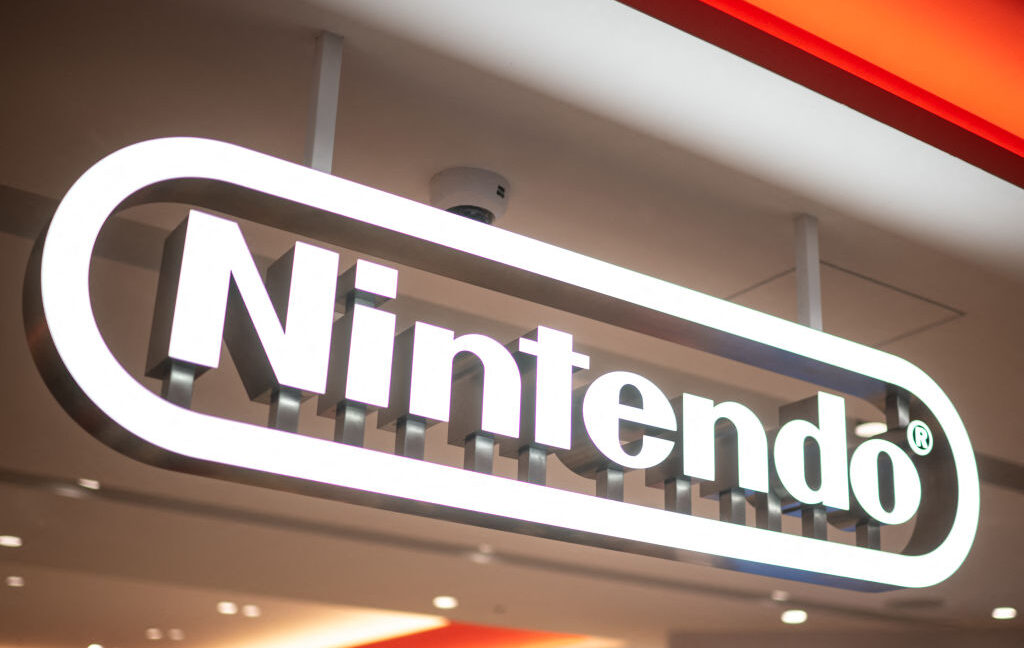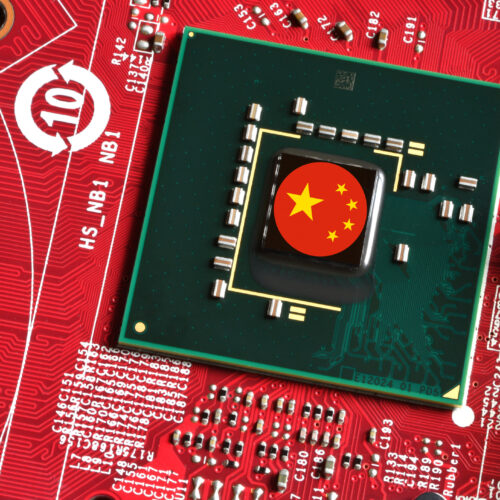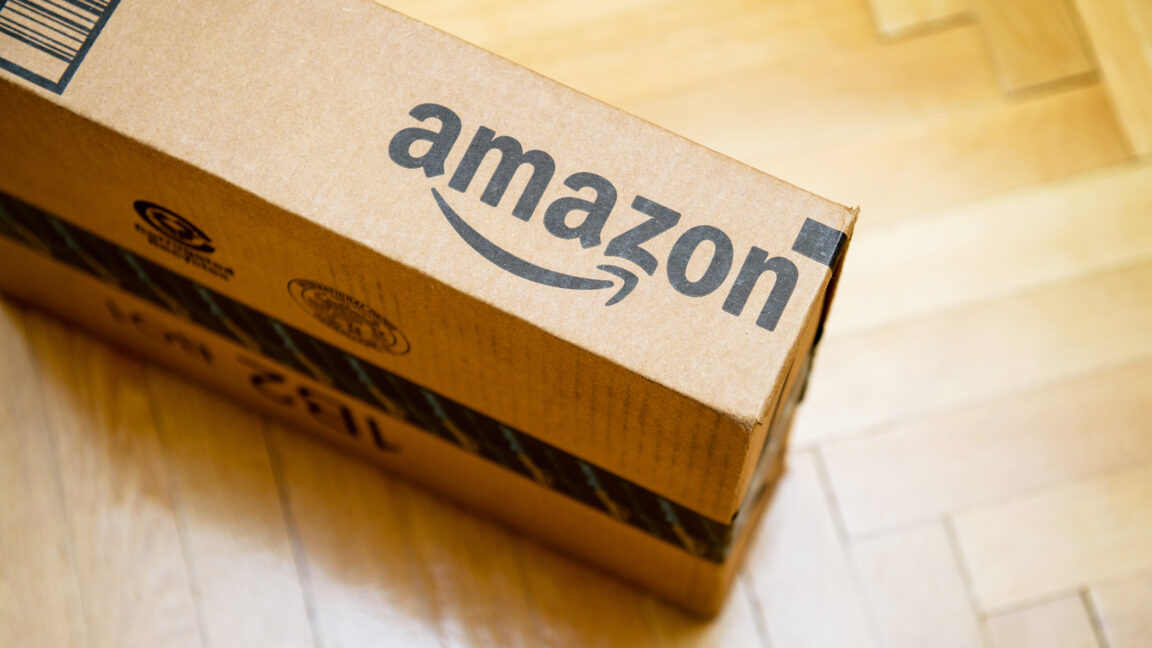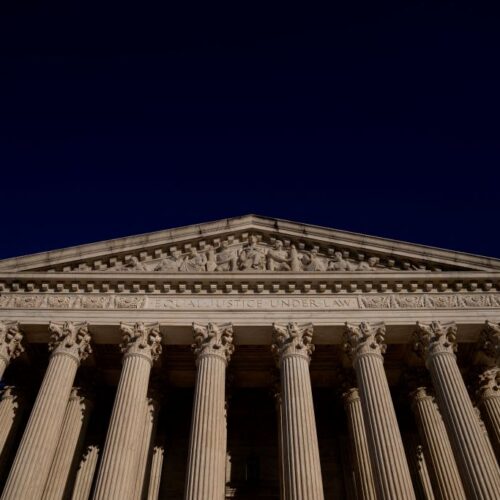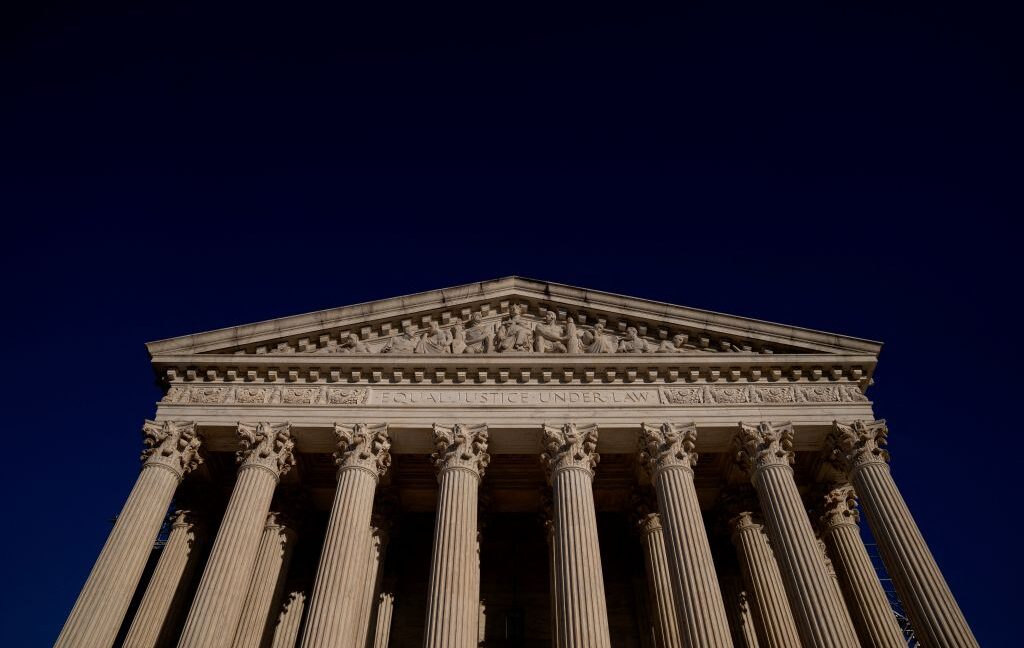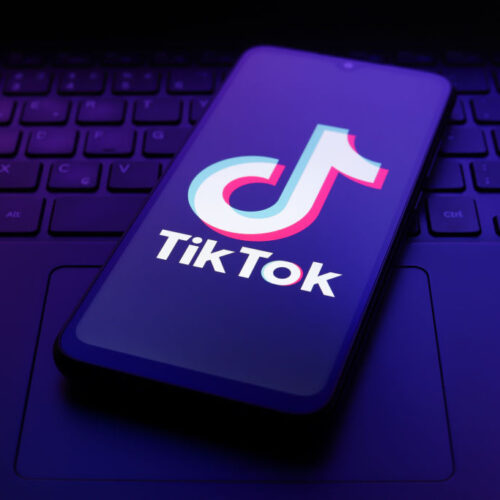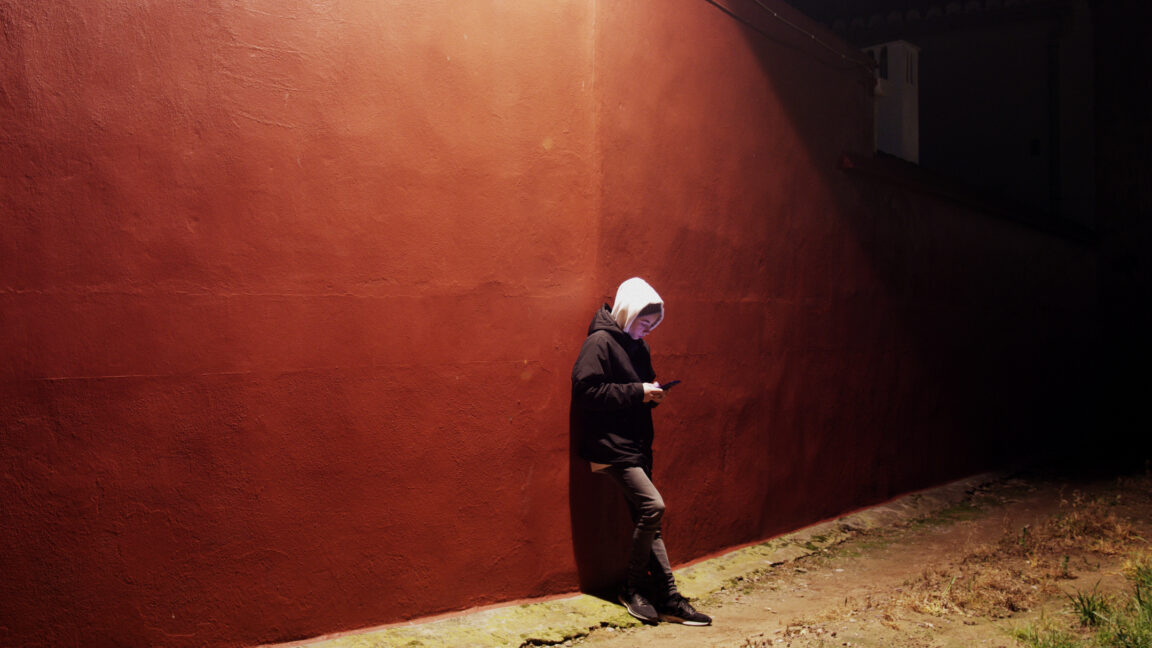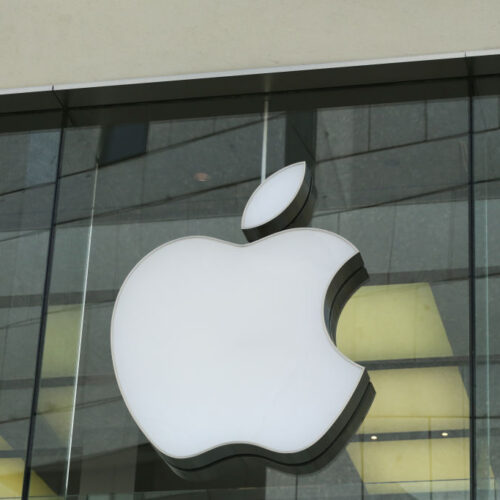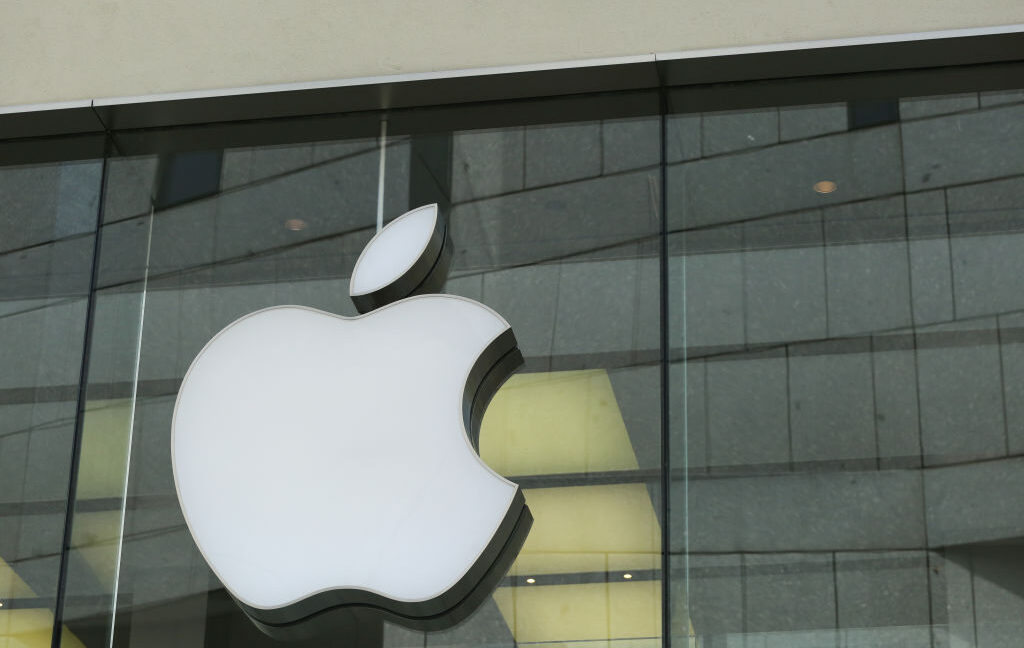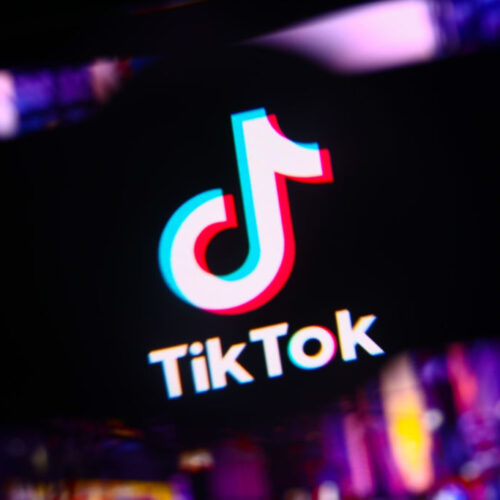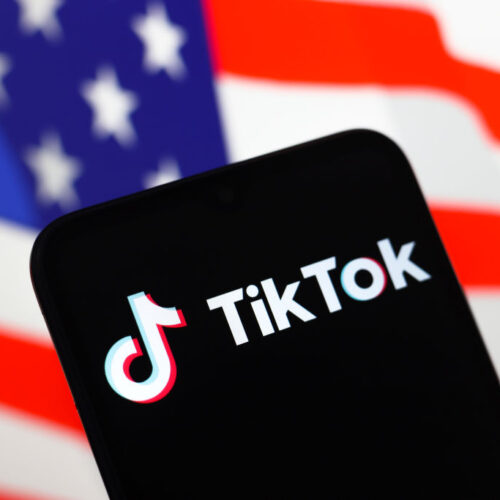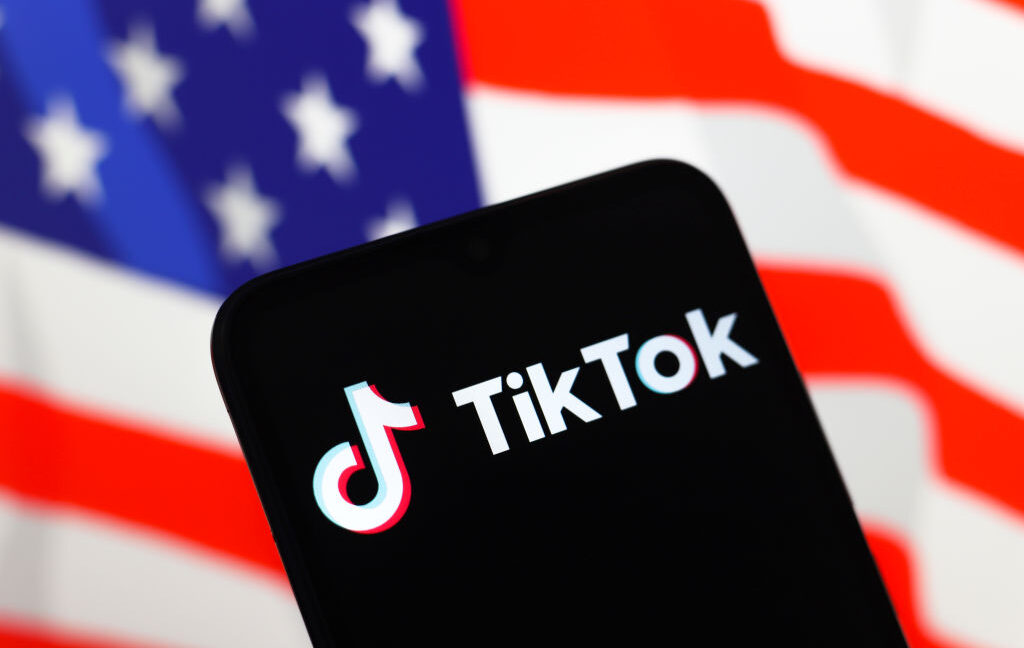Tech worker movements grow as threats of RTO, AI loom
It feels like tech workers have caught very few breaks over the past several years, between ongoing mass layoffs, stagnating wages amid inflation, AI supposedly coming for jobs, and unpopular orders to return to office that, for many, threaten to disrupt work-life balance.
But in 2024, a potentially critical mass of tech workers seemed to reach a breaking point. As labor rights groups advocating for tech workers told Ars, these workers are banding together in sustained strong numbers and are either winning or appear tantalizingly close to winning better worker conditions at major tech companies, including Amazon, Apple, Google, and Microsoft.
In February, the industry-wide Tech Workers Coalition (TWC) noted that "the tech workers movement is far more expansive and impactful" than even labor rights advocates realized, noting that unionized tech workers have gone beyond early stories about Googlers marching in the streets and now "make the headlines on a daily basis."


© Aurich Lawson | Getty Images

